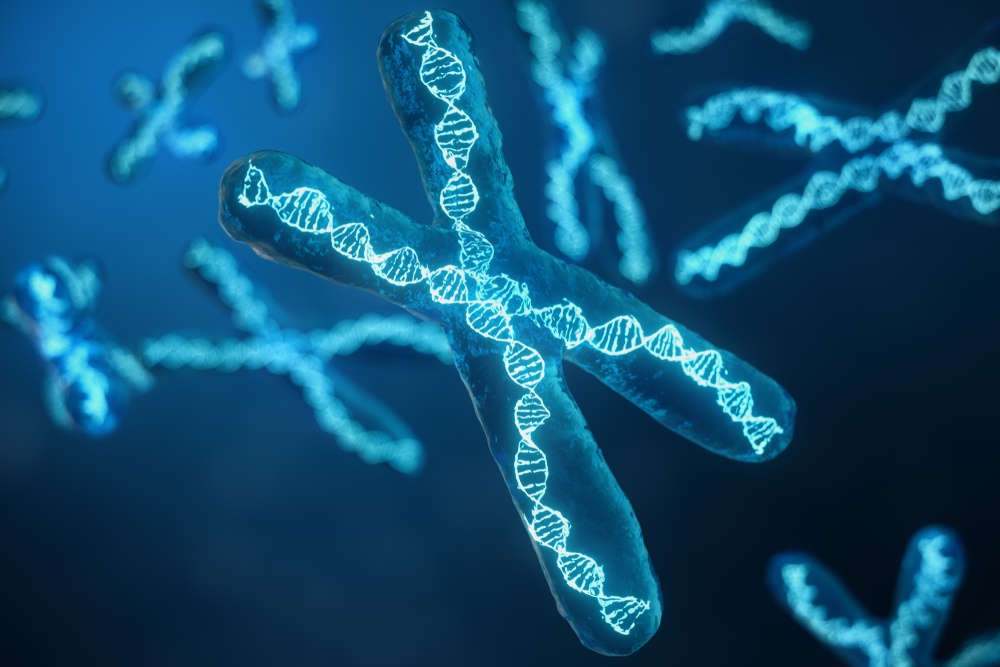



Get new exclusive access to healthcare business reports & breaking news




An estimated 874 million adults worldwide have high blood pressure, often called “the silent killer” because it rarely shows obvious symptoms while wreaking havoc on the body. Also called hypertension, high blood pressure is usually treated through lifestyle modifications – specifically changes in diet and physical activity levels – and the use of one or more medications.
Drug treatments can be immensely important in reducing high blood pressure, which is a leading cause of stroke, heart attack and other serious health issues. Since a wide range of drugs is available on the market, figuring out which would best work for any given patient is more difficult than one would think.
Researchers may have found a tool to help refine the search to find the best match for every patient and to predict the effectiveness and side effects of blood pressure drugs. Patients do not need to take any more medication, but genetics are used to `see` whether they are going to react to certain drugs.
In a new study published June 25th in the American Heart Association journal Circulation, researchers tapped into a large genetic database in the United Kingdom to look for some special genes. These contain the recipe for making proteins targeted by three of the most commonly used blood pressure drugs – ACE inhibitors, beta-blockers and calcium channel blockers.
Patients’ genes were then used to evaluate what benefits and counteractions a drug would bring.
Certain variations in genes were matched by researchers with the drug class’ effect on lowering heart disease and stroke risk. A possible complication from a certain category of blood pressure drugs examined in the study has been identified by researchers.
Basically, a “previously unreported possible side effect” of calcium channel blockers has been found. This type of drugs were linked to an increased risk of developing diverticulosis. This condition affects the walls of the large intestine, along which small pouches develop. Complications appear as these pouches get ripped or infected, leading to hospitalization of the patient.
“As far as we know, this effect isn’t related to blood pressure at all, and this is very much a novel insight generated by the study,” said the study’s lead author, Dr. Dipender Gill, a clinical research fellow at Imperial College London.
The other two drug categories included in the study, ACE inhibitors and beta-blockers, did not reveal any unknown side effects.
Another genetic database, consisting of DNA samples available through the biobank operated by Vanderbilt University in Tennessee, was used by researchers to corroborate the association between calcium channel blockers and diverticulosis that was found using the UK genetic database.
Since most high blood pressure drugs are tested in older or high-risk populations for a relatively short period of time, the trials seldom reveal side effects unless they are immediately obvious.
“The real strength of the study is that it was able to assess for unexpected effects of medications on human health in an unbiased way,” said Dr. Kiran Musunuru, an associate professor of cardiovascular medicine and genetics at the University of Pennsylvania, who did not take part in the research.
“There’s no obvious connection that would have led the medical community to suspect a link between calcium channel blockers and diverticulosis, but it appears there might be one after all,” he said. “The idea of using genetic variants that mimic the effects of medications to get a better sense of whether the drugs will be effective and safe, before the medications are used in people, will be an important element of drug development going forward.”
Gene mutations affect people differently, cardiologist and geneticist Dr. Elizabeth McNally noted.
“Every one of these mutations is a variable in how it expresses itself from person to person. Sometimes they’re really mild, sometimes they’re really severe, sometimes they present with sudden death at the age of 20,” said McNally, director of the Center for Genetic Medicine at Northwestern University’s Feinberg School of Medicine in Chicago.
“You have this huge range of what you see,” she said, “yet you know having the gene change, the mutation, is a clear marker for disease risk.”
Although the study revealing this dangerous side effect is highly important, the results are still preliminary. As Musunuru warned, there is not enough data to determine whether providers and patients should stop using the drug altogether.
“These medications are very useful. The doctor’s prescribing them for an important reason. What we’ve highlighted is information that should inform further study and investigation,” Gill said.
Future research will most probably reveal more information and make for possible adjustments of said drugs, in order to avoid the issue. Although the present study offers “novel insight” into possible side effects of calcium channel blockers, Gill said the bigger implication remains to be dwelt with in future research. “In the current era, the vastness of genetic data makes it possible to do very advanced and sophisticated analyses very rapidly,” he said.
Ioanna Tzoulaki, the study’s senior author and an epidemiologist at Imperial College London, added this approach “is evolving as a powerful cost- and time-efficient tool to help prioritize or design those trials that are more likely to be successful.”